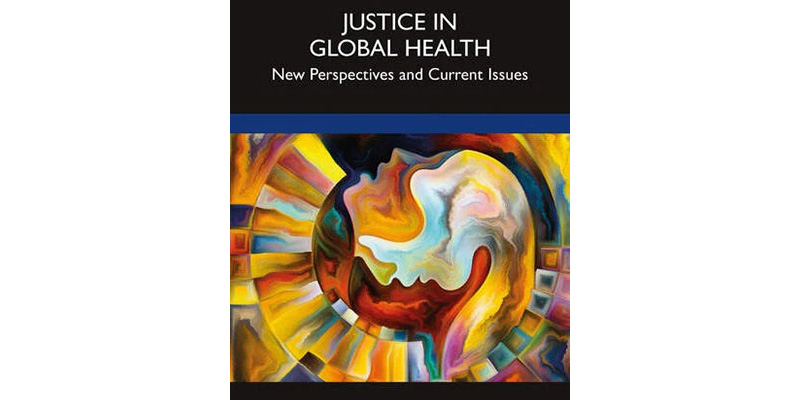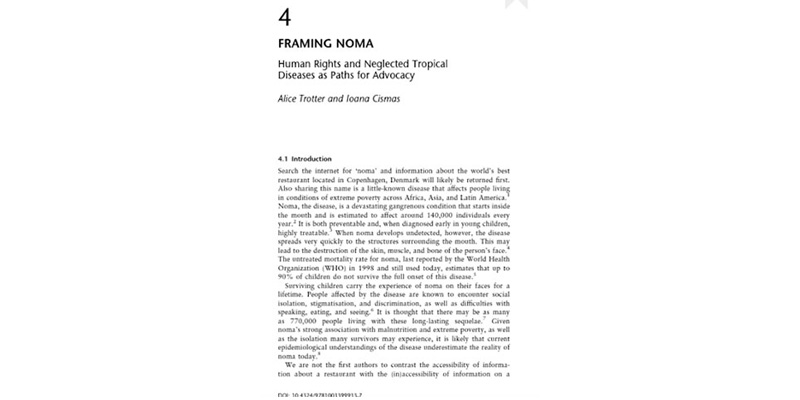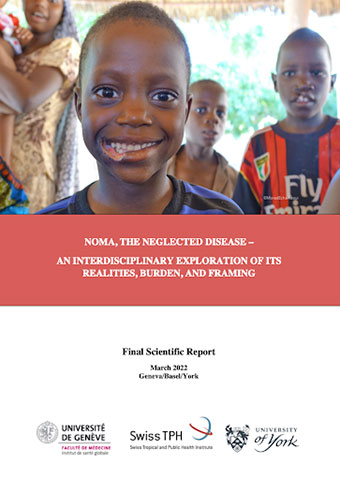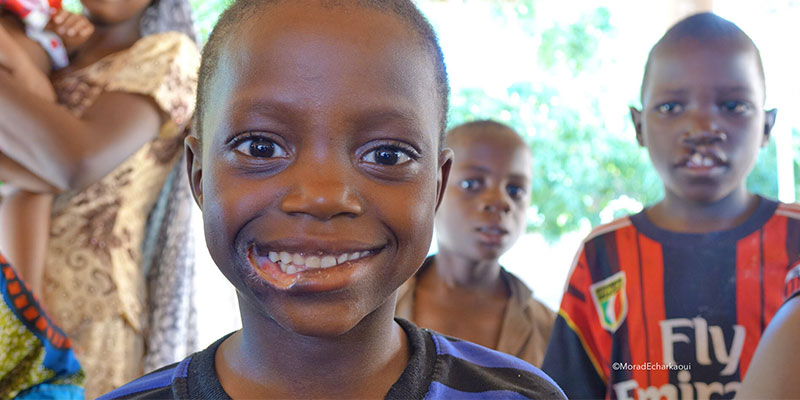
Global health rights and justice
In particular, we explore the socio-legal intersections between diseases and human rights through interdisciplinary research and co-productive partnerships with grassroots and international non-governmental organisations.
Our work straddles research and advocacy. For example, CAHR researchers have contributed to efforts to include Noma on the World Health Organization list of Neglected Tropical Diseases. A broader inquiry into ‘neglect’ examines this frame critically to illustrate how it operates to include or exclude marginalised voices from global health decision-making processes.
Projects in focus
The Politics of Disease Framing: Overcoming and Surviving Neglect
Funded by a pump-priming grant, this project sets out to study the politics of disease framing.
It examines the processes that lead to a disease receiving the coveted World Health Organization Neglected Tropical Disease tag, ensuing policy and practical impacts and challenges, and complementary and alternative frames for advocacy and ground-level impact.
The research is undertaken through co-production with survivors of neglected diseases and humanitarian practitioners.
The Noma Project
Noma is a gangrenous disease that destroys the soft and hard facial tissue, affecting predominantly children living in extreme poverty.
It has a staggering mortality rate of up to 90 per cent. Survivors face significant aesthetic and functional sequelae, social isolation, stigmatisation and discrimination.
The Noma Project sought to establish noma’s reach, portray the realities and lived experiences of noma survivors and evaluate the implications of the framing of noma as a human rights issue and neglected tropical disease.
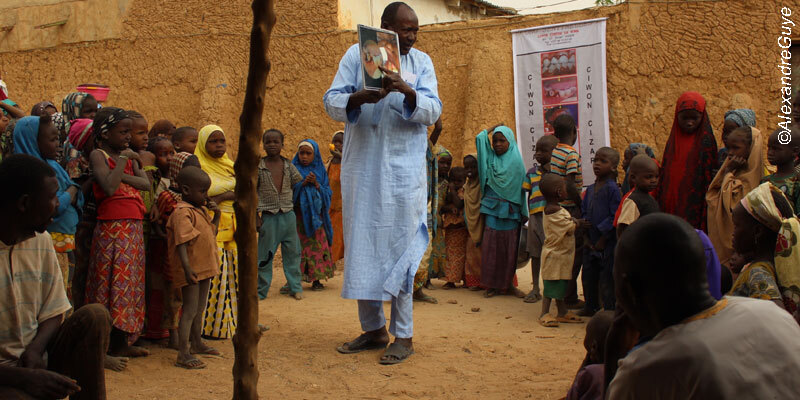
Publication highlights
